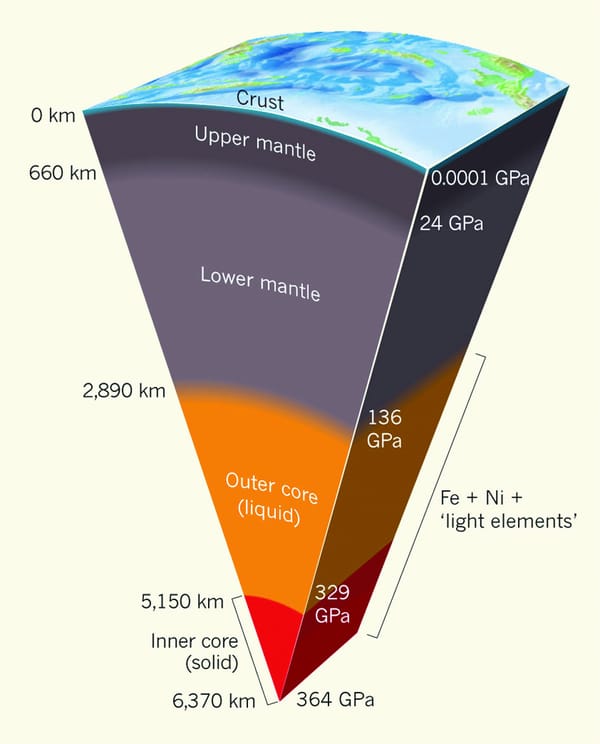The subtle parasite
Maya Kaushik explains the link between slow reactions and suicidal rats

It’s the start of a cold winter’s day in London. A young man gets into his car to drive to work. Amongst the bustle of traffic, a pedestrian runs onto the road – the young man sees this, but does not react fast enough. The car swerves, bumps into the pavement, and he wakes up dazed in hospital a few hours later.
At the back of the hospital, a rat scurries across concrete, foraging for food. He senses a smell that should raise alarm – a cat. But instead of running away, the scent intrigues him. Throwing caution to the wind, he scurries into the open, only to be pounced on by a tabby.
Overlooking this scene from the window of a nearby university, anthropology students are discussing cultural differences around the world, debating how these differences might have occurred. Are these events completely unrelated? They would appear to be – but may be linked by one, rather unknown little creature; a parasite named Toxoplasma gondii.
In rats, the parasite is responsible for a phenomenon known as ‘fatal feline attraction’. The rat becomes less cautious, more active, and even seems attracted to feline odour. In this way, T. gondii may have led to our rat’s untimely demise.
As for our young man, he may have just been tired and careless – or more shockingly, his behaviour may have been influenced by parasitic infection. T. gondii reduces reaction times in humans, and can increase the risk of road accidents. On a more global level, it is possible that the prevalence of T. gondii infection, through subtly affecting individual personalities, may affect a country’s entire culture.
The situation reads as if it were a script from science fiction. How can a parasite produce such dramatic effects? Until recently, this question has been very difficult to answer, but genome sequencing of T. gondii has produced insightful results. Two genes in the parasite produce an enzyme that increases levels of the neurotransmitter dopamine, which is known to affect mood, personality, and plays an important role in some mental illness.
To understand why this parasite may possess these genes, we need to turn to our second case – the tale of the rat and the cat. The parasite relies on cats to spread, and an important part of its life-cycle occurs in a cat’s gut. Altering the rat’s behaviour to increase its chances of being eaten would allow the parasite to complete its life-cycle, reproduce, and emerge in the cat’s faeces.
Given this life-cycle, why – and how – does the parasite affect humans? It would appear that we are accidental hosts; our mammalian brains are similar to those of rats, but we aren’t affected in quite the same way. The main route of transmission to humans is through eating undercooked meat (from infected cattle, for example). Humans can also contract the parasite from the environment; soil or unwashed vegetables, which may have been exposed to cat faeces.
Many people around the world are unknowingly infected. The parasite’s effects are subtle, and in most healthy people it produces no illness beyond mild flu-like symptoms. The precise prevalence of infection is not known – in the UK it may be around 7%; in other countries it may be much higher, reaching as high as 70% in some parts of the world.
But the effects of T. gondii can range beyond just subtle changes in behaviour. Studies show that schizophrenia patients show a higher prevalence of infection, and whilst this correlation does not imply causation, the link is under investigation. People with AIDS often suffer from acute toxoplasmosis, which can cause an inflammation of the brain leading to severe symptoms, and even death. Perhaps the best known symptom of the parasite is its impact on foetuses, where it can cause spontaneous abortions and severe neural complications.
For a parasite that is so common, and has such a wide range of effects, the mechanism by which it works is surprisingly unknown. Its lack of obvious symptoms in healthy people has led to it being ignored. My research will help understand how this parasite works in the brain – is it the increase in dopamine that causes the rat to change its behaviour? What does this imply for infected humans? In regions of the world where over half the population are infected, the effects of this parasite, subtle or not, can no longer be ignored.





